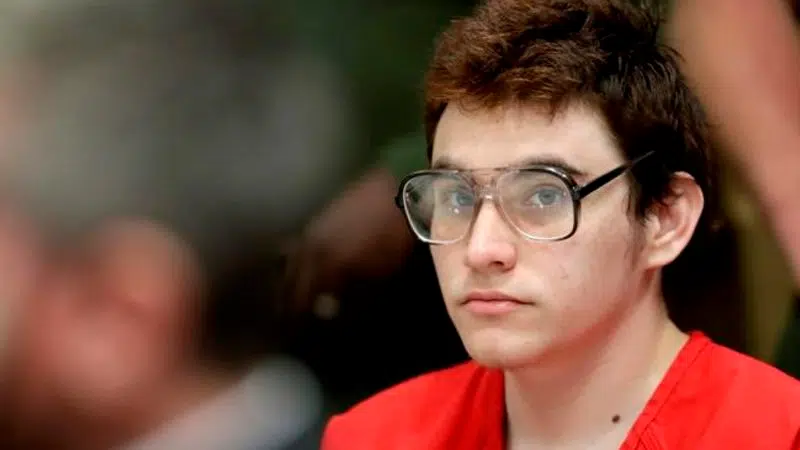
Public defender asks to drop Florida school massacre suspect
FORT LAUDERDALE, Fla. — The public defenders for the Parkland school massacre defendant unexpectedly asked to withdraw from the case Wednesday, saying the 20-year-old man will soon inherit nearly a half-million dollars and no longer qualify for free legal representation.
The Broward County Public Defender’s Office filed the unexpected notice late Wednesday, saying Nikolas Cruz is set to receive more than $432,000 shortly from his late mother’s life insurance policy. Under state law, the public defender can only represent defendants who cannot afford private attorneys.
Cruz is charged with 17 counts of first-degree murder and 17 counts of attempted murder arising from the Feb. 14, 2018, shooting at Marjory Stoneman Douglas High School. The former Stoneman Douglas student faces a possible death sentence.


